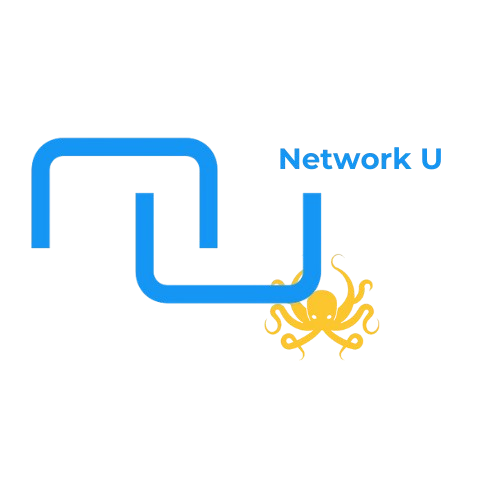
Stay Relevant: Top Trends Facing Sales Professionals Over The Next 5 Years
In 2024, the landscape of selling is undergoing a profound transformation driven by advancements in technology, evolving buyer behaviors, and shifting market dynamics. Sales professionals are navigating a complex environment where new tools and strategies are reshaping how they engage with customers and close deals. This article explores the key trends and technologies impacting sales professionals today.
1. Artificial Intelligence (AI) and Machine Learning
Artificial Intelligence (AI) is at the forefront of transforming the sales profession. AI-powered tools are increasingly being used to analyze customer data, predict buying behaviors, and automate routine tasks. Machine learning algorithms can identify patterns in customer interactions, providing sales teams with valuable insights for personalizing their approach. AI-driven chatbots and virtual assistants are also streamlining customer service, handling inquiries, and qualifying leads more efficiently.
2. Data-Driven Decision Making
In 2024, data is a critical asset for sales professionals. Advanced analytics platforms enable sales teams to make informed decisions based on real-time data. By leveraging data on customer behavior, market trends, and sales performance, professionals can refine their strategies and tailor their pitches more effectively. Predictive analytics is particularly valuable, helping sales teams forecast future trends and prioritize high-potential leads.
3. Omnichannel Sales Strategies
The modern buyer interacts with brands through multiple channels, from social media and email to live chat and in-person meetings. Sales professionals must adopt omnichannel strategies to meet customers where they are and provide a seamless experience across platforms. Integrating various communication channels and ensuring consistent messaging helps build stronger relationships and enhances the customer journey.
4. Social Selling
Social selling has become a vital component of the sales process. Sales professionals are leveraging social media platforms like LinkedIn, Twitter, and Facebook to engage with prospects, share valuable content, and build their personal brand. Social selling tools and strategies enable salespeople to connect with potential customers in a more authentic and relational manner, fostering trust and credibility
5. Automation and CRM Integration
Sales automation tools are streamlining repetitive tasks such as follow-ups, scheduling, and data entry. By automating these processes, sales professionals can focus on higher-value activities, such as nurturing relationships and closing deals. Integration with Customer Relationship Management (CRM) systems ensures that all customer interactions and data are centralized, providing a comprehensive view of each lead and customer.
6. Remote Selling and Virtual Meetings
The rise of remote work and virtual meetings has reshaped how sales professionals interact with clients. Video conferencing tools and virtual collaboration platforms are now integral to the sales process. Remote selling allows for greater flexibility and access to a global customer base, but it also requires sales professionals to adapt their techniques for virtual engagement and build rapport through digital channels.
7. Personalization and Customer Experience
Personalization has become a key differentiator in sales. Customers expect tailored experiences that address their specific needs and preferences. Sales professionals are utilizing advanced CRM systems and data analytics to deliver personalized recommendations and solutions. Enhancing the overall customer experience by understanding individual pain points and providing relevant solutions is crucial for building lasting relationships.
8. Sales Enablement Tools
Sales enablement tools are empowering sales teams with the resources and training needed to succeed. These tools include content management systems, training platforms, and performance analytics. By providing sales professionals with easy access to relevant content, best practices, and performance metrics, sales enablement tools help improve productivity and effectiveness.
9. Ethical Selling and Transparency
With growing concerns about data privacy and ethical practices, transparency in sales is increasingly important. Customers are demanding more honest and ethical interactions with brands. Sales professionals must adhere to ethical standards, be transparent about their intentions, and respect customer privacy to build trust and maintain a positive reputation.
10. Continuous Learning and Adaptation
The rapid pace of change in the sales industry means that continuous learning is essential. Sales professionals must stay abreast of emerging technologies, industry trends, and evolving customer expectations. Ongoing training and professional development are crucial for adapting to new tools and strategies and remaining competitive in the market.
The state of selling in 2024 is characterized by a blend of advanced technologies and evolving customer expectations. Sales professionals must navigate a landscape shaped by AI, data-driven decision making, omnichannel strategies, and remote engagement. By embracing these trends and leveraging new tools, sales teams can enhance their effectiveness, build stronger customer relationships, and drive success in an increasingly complex marketplace.
About the author : NUAgents
Network U is a strategic career management agency focused on assisting sales professionals navigate their career journey.


